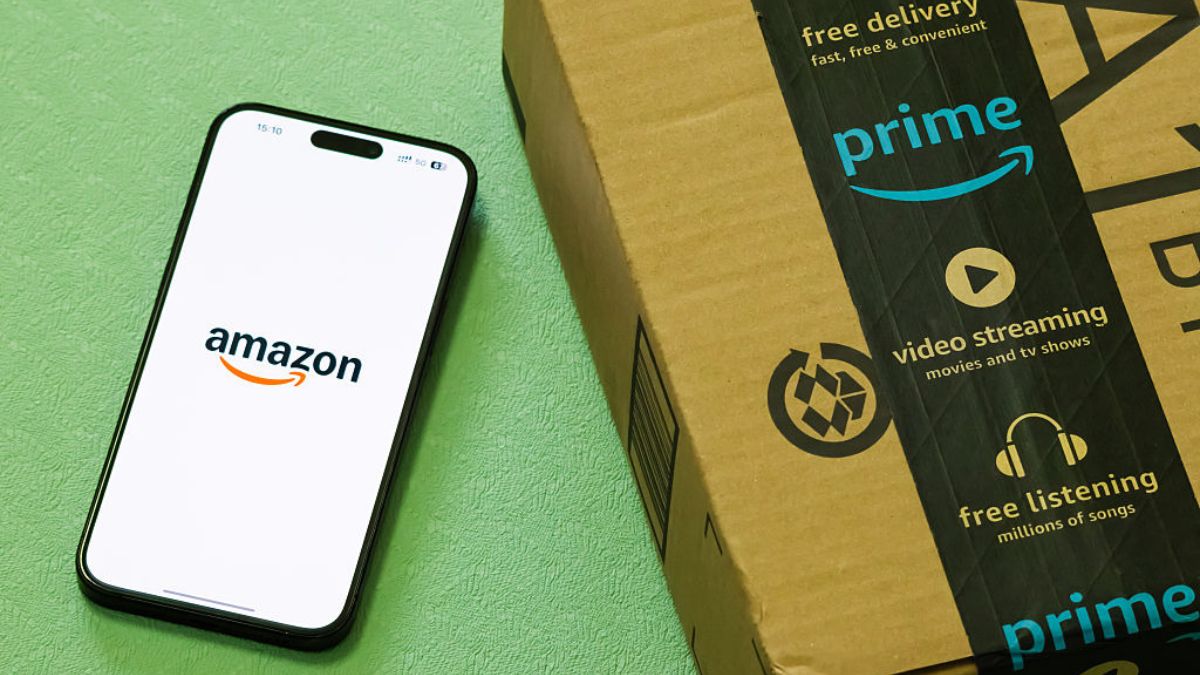
Amazon is facing a new class action lawsuit that challenges how the tech giant markets digital movie and TV show purchases to consumers. The lawsuit, filed in Washington federal court on Friday, claims Amazon misleads customers about what they actually receive when they make digital content purchases.
Lisa Reingold, the plaintiff who filed the case, says she bought Bella and the Bulldogs – Volume 4 on Amazon in May for $20.79, but soon lost access to the title. Her experience highlights a widespread issue with digital media purchases where consumers believe they own the content but actually only receive temporary licenses.
The lawsuit accuses Amazon of running what it calls a “bait and switch” operation. According to Hollywood Reporter, the complaint stated, the company tells customers they can “buy” movies and TV shows on its platform, but the fine print reveals a different reality. On the confirmation page, small text states that customers “receive a license to the video and you agree to our terms,” buried at the bottom of the screen in much smaller font than other text.
California law strengthens consumer protection claims
The timing of this lawsuit could be significant due to new California legislation that took effect in January 2025. Assembly Bill 2426 now prohibits companies from advertising transactions as “purchases” unless they offer unrestricted ownership of digital goods. Under this law, sellers must clearly inform buyers when they are actually purchasing a limited license that can be revoked.
A class action lawsuit hits Prime Video: Customers say when they “buy” a movie, they don’t actually own it.
— BINGED (@Binged_) August 26, 2025
They just a license it.
Amazon can revoke anytime.
Is it a valid lawsuit? What do you think? pic.twitter.com/0NFpck5Ejq
Wright Noel, the lawyer representing consumers in the case, argues that Amazon “does not meet the standards set by the statute for a clear and conspicuous notice that the thing they are purchasing is a revocable license to access the digital good.” The complaint emphasizes that the warning about licensing is hidden and not prominently displayed to customers.
This legal action reflects broader concerns about digital ownership that have gained attention across the entertainment industry. The issue became more prominent in 2023 when gamers discovered they would lose access to Ubisoft’s game The Crew once servers shut down, leading to the “Stop Killing Games” movement. Similar problems affect consumers across digital platforms, including Netflix’s practice of removing original content from its library and other services that delete shows and movies from streaming platforms without notice.
The lawsuit seeks unspecified damages and punitive damages for what it calls “intentionally malicious conduct.” Amazon has not responded to requests for comment about the case. This is not the company’s first legal challenge over digital content practices. A similar lawsuit in 2020 alleged unfair competition and false advertising, with Amazon arguing that its use of the word “buy” was not deceptive because consumers understand purchases are subject to licenses. The court rejected most of Amazon’s attempts to dismiss that earlier case.







